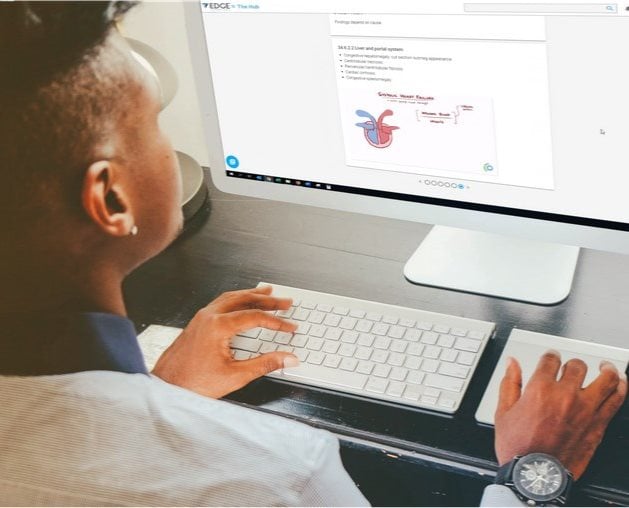
Top stories






More news

















Logistics & Transport
Uganda plans new rail link to Tanzania for mineral export boost









South Africa currently faces a shortage of doctors, who are required by our healthcare facilities.* The number of qualified doctors is determined primarily by the number of medical graduates. As such, this issue can largely be attributed to the limited number of placements (i.e. seats) available for students to study toward an MBChB qualification. Based on this, South African medical schools do not have the capacity to train enough doctors to meet the current demand.
One way of addressing this problem would be to open more medical schools in South Africa – a time-consuming and costly exercise. Alternatively, however, one could reconceptualise the MBChB qualification in terms of which teaching and learning can be delivered off-campus.
Being a medical doctor himself, Hibling conducted a research project with UCT’s Prof Francois Cilliers, to explore the scaling of medical education through a blended learning curriculum – i.e. a multimedia-rich, interactive, collaborative and highly social eLearning ‘ecosystem’. Additionally, 21st-century learning technologies could even allow practical subjects like Anatomy to be conducted partially off-campus.
This type of blended curriculum would, as such, potentially allow universities to make more placements available, thereby effectively increasing the number of medical graduates.**
According to Hibling: “If one conceptualises the MBChB in terms of what can be taught off campus with modern learning technology, then there is certainly a case for the use of online and blended learning to aid South Africa in graduating more doctors.“
Listen to the full interview on the CapeTalk website by following the link below:
* In 2015, the Hospital Association of South Africa commissioned Econex to conduct a study to investigate the state of national healthcare. The study concluded that South Africa had a mere 60 doctors per 100 000 people in 2013, compared to the global average of 152 doctors per 100 000 people.
** To begin with, the initial BSc (Med) phase could be completed off-campus, followed by a shortened on-campus practical and clinical MBChB. This would free up expensive on-campus resources, which could be redirected toward increasing the number of placements for this practical and clinical phase.